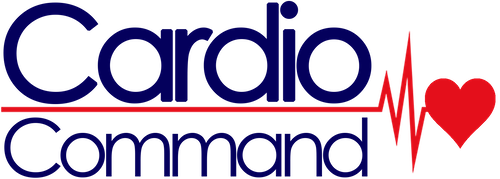The study of acute clinical electrophysiological effects of propafenone on paroxysmal supraventricular tachycardia using transesophageal atrial pacing technique.
Li Q, Wang Z, Peng D. Department of Cardiology, Second Affiliated Hospital, Hunan Medical University, Changsha. Hunan I Ko Ta Hsueh Hsueh Pao 1997;22(2):123-6. Trans-esophagus atrial pacing (TEAP) was employed to evaluate the acute electrophysiological effects of propafenone administrated intravenously in 50 patients with SVT. Forty three of the subjects are patients with atrial ventricular reciprocating tachycardia (AVRT). Seven of them were involved in atrioventricular nodal reentry tachycardia (AVNRT). The results indicate that propafenone exerts an obvious inhibitory effect on both the dual atrioventricular node pathways and the accessory pathways, with the latter one being markedly affected. In addition, propafenone can deter the antegrade and retrograde conduction and prolong the refractory period of the accessory pathways. Still more, it results in preceding of the Wenchebach and 2 to 1 block point of the atrioventricular node conduction. All these promise the potential terminating effect on tachycardia. Propafenone has little effects on sinus node. Prolongation of sinus node recovery time (SNRT) to 3600 ms following drug administration was observed in only one patient who has a history of sinus bradycardia.
